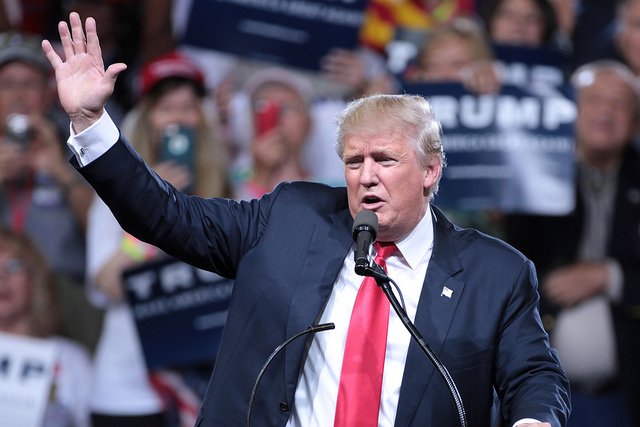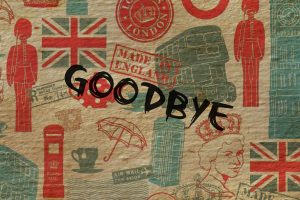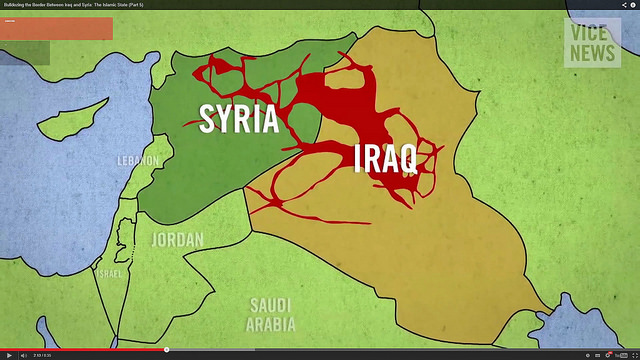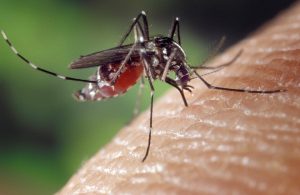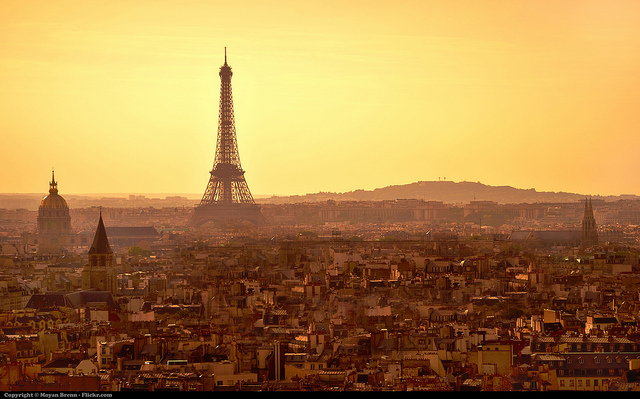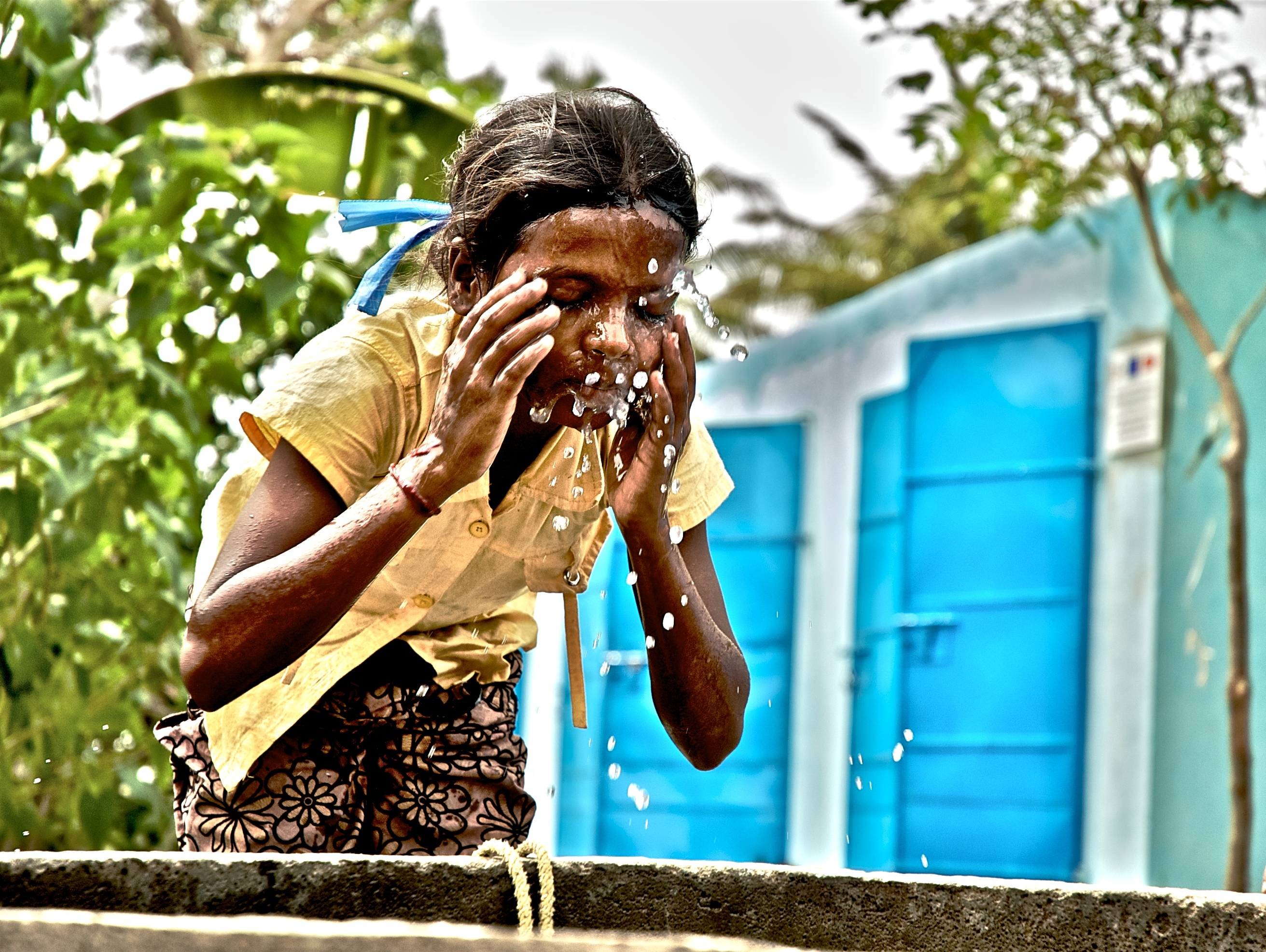As the New Year approaches, numerous columnists and media personalities have been vocal in their lamentations of past year. ‘Watch Mojo’ listed ten events that made the previous year “the worst,” whereas host of ‘Last Week Tonight’, John Oliver, literally blew up 2016 in effigy to an empty football arena. For many Americans, they cannot wait to put 2016 in the rearview mirror and optimistically embrace 2017.
We’ll leave a pop culture run-down to ‘Watch Mojo’ and ‘Last Week Tonight‘; instead, here is a list of some of the most significant events of 2016 and a preview of how these topics might unfold in the year to come.
Happy New Year!
The Elephant in the Room
For most Americans, it came as a shock that entrepreneur and political outsider Donald Trump won the 2016 presidential election in November. The GOP nominee polarized the American public with his fiery campaign rhetoric and Twitter fulminations that his critics deemed offensive, misogynistic and xenophobic. Although Presidential hopeful Jill Stein of the Green Party filed for an official recount in three states a few weeks after the election, it is widely expected that Trump will be sworn in as the 45th President of the United States on January 20.
The policies that Trump plans to roll out in his first hundred days include mass deportations of illegal immigrants, a ban on Muslim immigration, the dismantling of much of his predecessor’s regulations and the renegotiation of international treaties such as NAFTA and the Iranian nuclear agreement.
Whether Trump will ultimately follow through on these campaign pledges has been the subject of much debate as his transition team forms his new administration. In an interview on 60 Minutes, the President-Elect appeared to concede some of his hard-line views when he said that his administration would only deport up to 3 million of the estimated 11 million illegal immigrants residing in the country. Trump also noted that he was open to Congress’ proposition of installing a fence along the Mexico-U.S. border instead of the wall that he had campaigned for.
Related article: “THE TRUMP DOCTRINE: MADMAN THEORY, OIL, AND IMPERIALISM“
“I think the press tries to make you into something a little different,” Trump told CBS Correspondent Lesley Stahl. “In my case, a little bit of a wild man. I’m actually not. I’m a very sober person.”
One Less Gold Star
Across the Atlantic, the United Kingdom shocked the Western world when it voted to exit the European Union in what has been colloquially dubbed Brexit. On June 24th, 52 percent of the 33.5 million voters decided that their country was better off without the EU. Shortly thereafter, Prime Minister David Cameron resigned as the British pound plunged to a 31-year low against the dollar.
Four million dissenters of the decision hurried through a petition to hold a second referendum, though this was immediately rejected by the new Prime Minister, Theresa May. This kind of stubborn opposition isn’t surprising when one looks at the referendum’s demographics: Scotland and Northern Ireland overwhelmingly voted to remain in the EU compared to England and Wales, which were more divided on the issue. As a result, some analysts have begun to predict that Scotland will vote to leave the UK after all, foreshadowing the end of the tercentenary union.
The impact of Brexit, however, depends largely on how the British government negotiates its exit from the EU. While May has said that she plans to invoke Article 50 of the Lisbon Treaty by the end of March, her government still has yet to make much progress on establishing terms with other EU member states. For example, President of the European Commission Jean-Claude Juncker has ordered all members of the commission to not treat with UK parties regarding Brexit.
“Negotiations are hugely complex and they are going to take a lot longer than two years,” Eurogroup President Jereon Dijsselbloem told Reuters. “Since the outcome of the British referendum, the UK and the continent are regarding each other with some suspicion. It is a lose-lose situation which we can only manage as well as possible.”
PHOTO CREDIT: MIH 83/ Pixabay
An Uneasy Alliance
As one nation plans to leave the EU, another EU hopeful has recently found its chances of gaining access to the economic union more distant than ever.
After crushing a violent coup in July that left 270 dead, the Turkish government under President Recep Tayip Erdogan instituted a ruthless purge of its armed services, state employees and journalists. The crackdown on civil liberties has led to imputations that Erdogan is a neo-Ottoman autocrat, destroying Turkey’s century-old secular-democratic traditions.
According to figures collected by the Committee to Protect Journalists, the Middle Eastern nation has now surpassed China as the biggest jailer of journalists in the world. RWB has estimated that around 150 media outlets have been disrupted by the government crackdown, including both legacy media and more modern outlets, such as social media channels and blogs.
“There is no more critical journalism, 90 percent of the free press [has been] destroyed directly or indirectly,” Erol Onderoglu, the Turkish representative for RWB, told The New York Times. “Investigative journalism is considered treason. Journalism has been stolen by the government.”
As alarming as these reports have been to Western powers, Turkey remains an important NATO member as the multinational coalition attempts to stamp out ISIS and negotiate an end to the Syrian Civil War.
PHOTO CREDIT: Vice
ISIS: Less Control, More Attacks
2016 marked the fifth year anniversary of the ongoing Syrian Civil War. While a successful ceasefire was observed between February and June, reports coming out of Aleppo and other war zones since then have contained apocalyptic details and heartbreaking stories on the loss of life.
Consequently, refugees from Syria continue to flood into neighboring countries and Europe. According to Pew Research, an estimated 350,000 refugees crossed the Mediterranean this year hoping to escape the violence of the Middle East. This figure is around 70 percent lower than the number of refugees who arrived in 2015, largely as a result of a March treaty signed between Turkey and the EU that requires the return of any new asylum-seekers to Turkey.
Nonetheless, immigration remains a contentious issue for many Europeans. Opponents to current immigration policies have pointed to this year’s terrorist attacks in Brussels and Nice as proof that open borders and limited screening can spawn similar threats across the continent.
These terrorists attacks, as well as the Orlando night club shooting and the July 23rd Kabul bombing, are viewed by many national security experts as reprisals carried out by ISIS agents and converts. The self-declared caliphate has steadily lost territory and seen its ranks dwindle over the past 24 months. In October, Iraqi security forces began an assault on the ISIS capital, Mosul.
PHOTO CREDIT: fotoshoptofs/pixabay
A New Pandemic
In addition to terrorist attacks, much of the Western hemisphere fretted over another public safety emergency, this one in form of a tiny mosquito.
A new disease burst into the spotlight in January when images of newborns with abnormally shrunken heads were broadcast to the world. This condition, known as microcephaly, was believed to have been the result of the Zika virus, which is carried by the Aedes aegypti mosquitos that are native to South and Central America. Most carriers of the virus don’t exhibit symptoms, while those that do often report rashes, fever and joint pain; however, the virus is devastating to children in utero who contract the virus from their mothers.
Zika was particularly concerning to those who planned to travel to Rio de Janeiro for the 2016 Olympic games. While some athletes ultimately decided to abstain from the games, the 31st Olympiad went on as scheduled and without any serious issues.
On November 18, the WHO released a statement that declared the Zika virus was no longer a global emergency. The following day, The New York Times reported that a vaccine could even be available to the public as early as 2018.
“Without being presumptuous, most of us in the field feel that we will get a vaccine for Zika,” Dr. Anthony S. Fauci of the National Institute of Allergies and Infectious Diseases told NYT. “So it’s really a question of what’s the best one? How quickly can you get it? Is it safe? And is it scalable?”
Not your Father’s Trade Deal
Months before the international community gathered in Brazil for the Olympics, Pacific Rim nations signed the Trans-Pacific Partnership trade agreement. On February 4, the 12 countries involved signed the 2000-page agreement that had taken seven years of negotiations to finalize.
Within its 30 chapters, the TPP aims to “promote economic growth; support the creation and retention of jobs; enhance innovation, productivity and competitiveness; raise living standards; reduce poverty in the signatory-countries; and promote transparency, good governance, and enhanced labor and environmental protections.”
These goals would be supported by measures that work to lower tariffs and other trade barriers.
As monumental an achievement in international relations as the TPP was, it wasn’t without its detractors. Missing from the agreement was the second largest economy in the region, China. Critics also warned that the TPP, as well as other similar trade deals, commit countries to international agreements at the expense of domestic laws.
In addition, provisions that were expatiated for intellectual property protection quickly came under fire from Silicon Valley after the TPP’s manifesto went public in 2015. “The IP chapter would have had extensive negative ramifications for users’ freedom of expression, right to privacy and due process, as well as hindering peoples’ abilities to innovate,” the Electronic Frontier Foundation states on its website.
TPP critics may ultimately get their wish as President-Elect Donald Trump campaigned against the trade agreement, promising to renegotiate the deal in the hope of returning jobs to the United States.
IN THE PHOTO: 193 nations signed the Paris agreement this year, which will attempt to mitigate greenhouse gas emissions that are linked to climate change. PHOTO CREDIT: Moyan B/ Flickr
Adapting for the Future
The new American president will also have to decide whether to continue to abide by the Paris Agreement, which seeks to mitigate the emission of greenhouse gases that are linked to climate change.
Opened for signature on April 22, the agreement went on to be signed by 193 nations, 111 of which ratified the treaty. The agreement officially went into effect on November 4.
Working within the United Nations Framework Convention on Climate Change, the landmark agreement will strive to hold the global average temperature below 2 degrees Celsius above pre-industrial levels. The treaty also provides for the international community to adapt to the effects of climate change without mitigating food production.
As part of its commitment to the treaty, the United States ambitiously agreed to reduce its greenhouse gas emissions by 26 percent below 2005 levels by 2025. According to Climate Interactive, this amounts to 22 gigatons of carbon dioxide equivalent emissions, or roughly 20 percent of all emissions committed.
However, that pledge was made under the Obama administration; in January, the United States will swear in its new conservative president, Donald Trump. During the campaign that preceded the election, Trump ran on a platform that promised to increase oil and natural gas production, which could instead raise emissions. The environmental policies that ultimately take shape next year could in turn set the stage for other nations to either follow suit or ramp up regulations.
Other Noteworthy Events
In a popular referendum, Italian citizens voted against constitutional changes that would have shrunk the size of their country’s Senate. Prime Minister Matteo Renzi has resigned in the wake of the decision, which later set up President Sergio Mattarella asking the government’s foreign minister, Paolo Gentiloni, to form a new center-left government. Elections will take place in February 2018.
West of the Italian peninsula, France will hold its presidential election next year. Bowing to record low approval ratings, President Francois Hollande said in early December that he would not run for re-election. Conservatives supporting Marine La Pen, the President of the National Front, hope to ride the wave of populism to victory as their counterparts in the United States and the UK did in 2016.
In Brazil, President Dilma Rousseff was impeached and removed from office in August. Corruption scandals and a dismal economy ended Rousseff’s term prematurely as well as the 13-year reign of the Workers’ Party. The country’s judiciary continues to face off against its Congress over presidential succession and other government positions.
On December 9, the South Korean government also voted to impeach its president, Park Geun-hye. The vote came as the culmination of weeks of scandalous reports that, along with a slow economy, led to the largest protests in the nation’s history, ‘NYT’ reported. The Constitutional Court has suspended her powers until it decides whether to remove her from power.
Recommended reading: “AFGHAN WOMEN’S GROUP IN NEW YORK REACHES OUT ACROSS COMMUNITIES FOR WOMEN’S RIGHTS“


